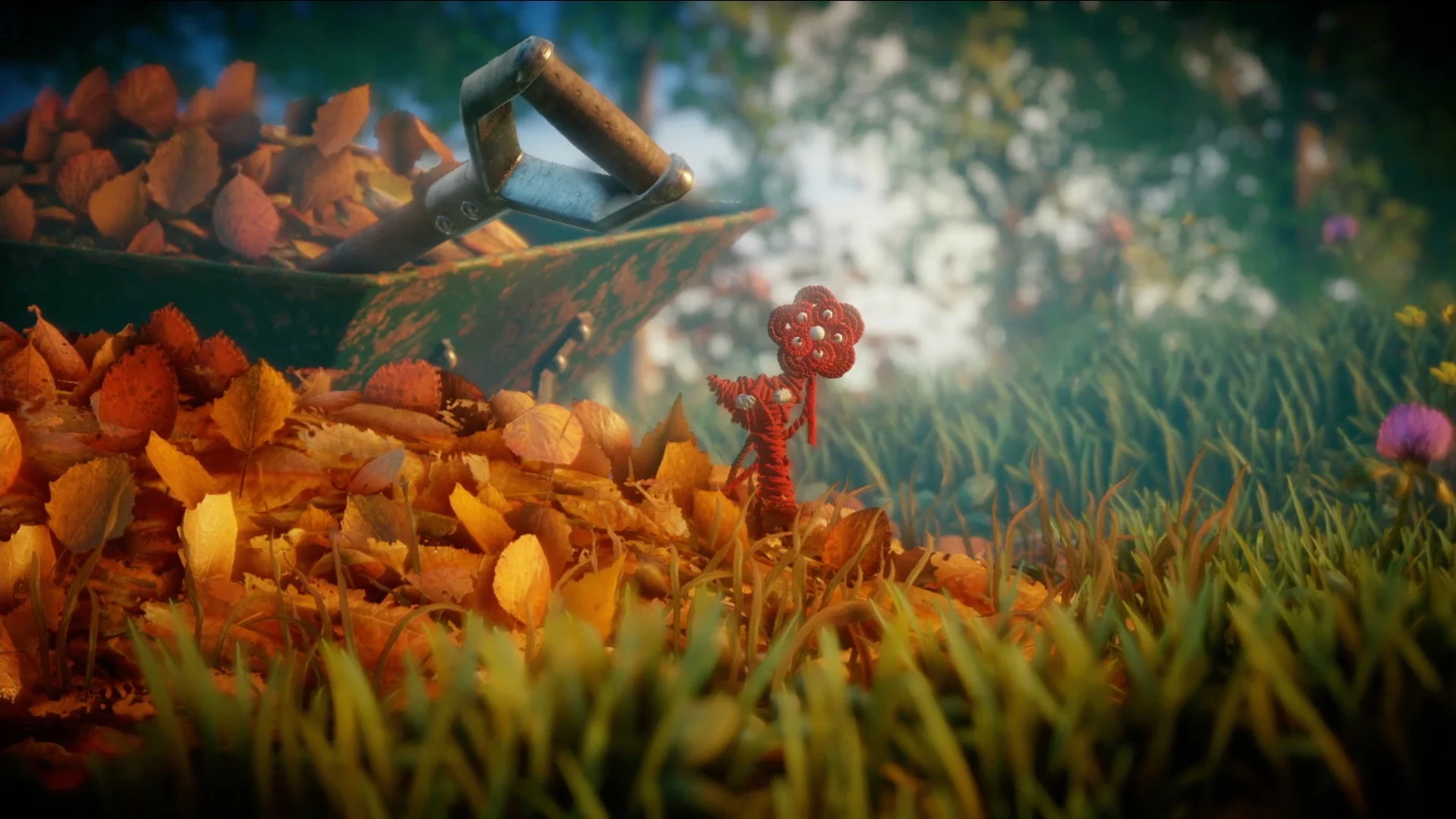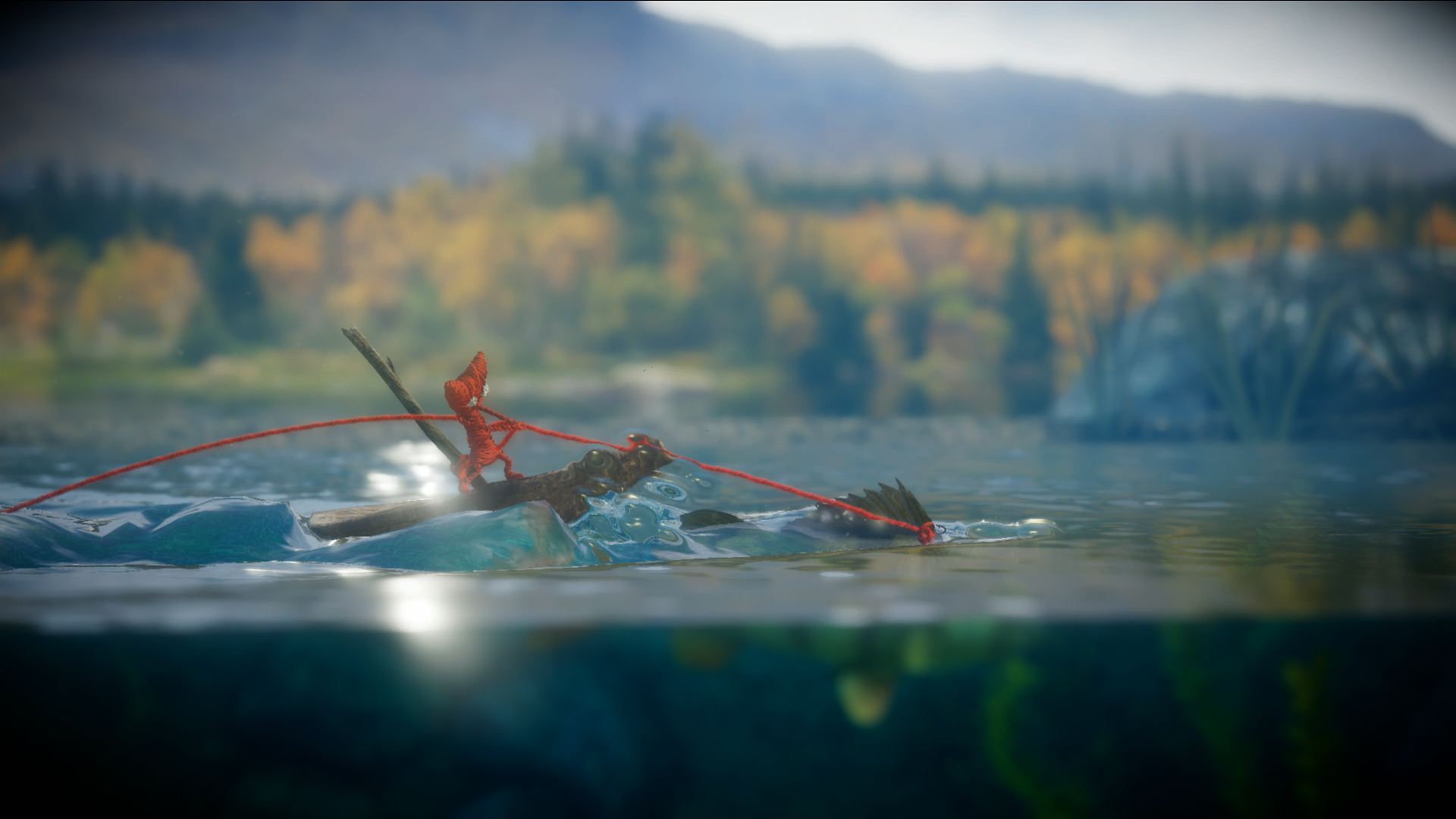Unravel teaches a safer kind of nostalgia
Sweden is a timber juggernaut. As one of the world’s largest timber exporters, being the third largest contributor for paper and the second largest for sawnwood (Wohlfahrt), Sweden plays a significant role in the world’s consumption of lumber while the country’s efforts to sustain their forests are uniquely positioned as a model for others to follow. Although from the outside Sweden is often described as one of the most progressive countries in terms of conservation efforts, the reality is far more complex and destructive.
A 2011 article published by the Yale School of Forestry and Environmental Studies found that while legislation is in place to provide lumber companies a framework to enact sustainable practices, these policies are almost entirely voluntary. With the Swedish Forest Agency (SFA) utterly unequipped to deal with the over 70,000 lumber sites proposed every year, most logging companies are free to operate without oversite or responsibility. Without a strong commitment to reforesting policies, the average age of Sweden’s forests is quickly dropping, leading lumber companies to move further north where the trees are oldest and biodiversity the most at risk. Sweden’s Red List details over 2,100 species dependent upon these mature forests that are now at risk due to unsustainable cutting practices, a fact which lumber companies appear unconcerned with. Despite all of this, however, many of these companies are allowed to continue to market themselves as certified sustainable.
As we move forward into what is fast resembling a second industrial revolution, many of the same arguments are surfacing for and against conservation efforts, in effect marking the line between economical and social growth. That we should take measures to preserve our finite resources does not feel like a controversial statement, but we are shortsighted creatures, often opting for immediate gain regardless of future costs. It is somewhat ironic then that we so often look fondly backwards, recalling days when the world was greener, life was simpler, and the air a little more pure. That these things are no longer achievable is either a damning inditement of how far we have destroyed our planet, or a failure to imagine a way to undo the harm we’ve caused. It is a vicious cycle, and one which I can no longer allow myself to participate in.
Nostalgia is no longer innocent. Over the last few years, the impulse to long for the familiarity and comfort of the past has evolved from pure reminiscing to a questionable, if not outright dangerous practice. From Trump’s war-cry to “Make America Great Again” to the everyday fondness for things to go back to “how they used to be,” the subtext has evolved from personal remembrance to the act of drawing a political line in the sand. So, I am especially cautious of any media which seems to propose this same fondness for the past, handing me rose-colored glasses and asking that I not question what I wasn’t alive to experience myself. That I should trust my elders that things were indeed better, if only just for them.
Unravel (2016), initially, seems to follow this same model of uncritical nostalgia, showcasing the past as an uncomplicated, pleasant alternative to modern life. As a small humanoid creature made of yarn – known, appropriately, as “Yarny” – Unravel plays out over a series of memories, each beginning with a sepia-tone photograph and ending with a handcrafted yarn memento. The first few levels play out as predictable excursions into simpler times, when people worked for themselves and family ties were strong. The text here is not necessarily one that rejects the present, but rather positions the past as a lost treasure, something now unappreciated and slowly forgotten. It is far from politically perverse, but it is also profoundly boring. All the sharp edges have been sanded away, leaving a pristine, utterly harmless vignette in their place which can neither offend nor comfort.
These early levels, however, are Unravel’s weakest and mislead the player to expect a game which exists entirely in the glowing memories of grandparents divorced from all hardship and critique. Very quickly Unravel diverges from this narrative into one of intense reconsideration, calling into question the validity of this starry-eyed nostalgia as perhaps too quick to forgive and forget.
Developed by Swedish studio Coldwood Interactive, previously known for obscure sports games and the Playstation Move flop The Fight: Lights Out (2010), Unravel is the first game which feels entwined with the studio and Sweden’s politics. What begins as general treks through Sweden’s countryside evolves into scenes of deforestation and toxic waste, moments integral to Sweden’s history so often lost in photos of a landscape seemingly untarnished.
This tension between the beauty of the past as we remember it and the devastation so quickly forgotten runs through the heart of Unravel and elevates it from purely nostalgic to a game wrestling with a desire to hold onto the past while knowing we have to move forward. Though often beautiful, humanity’s history is full of missteps disguised as blessings, thin justifications veiled as unavoidable, and political euphemisms masking mistakes we never fully admit. Unravel does not propose to answer for Sweden’s environmental failures – which, it should be noted, are merely better disguised than the atrocities committed by the rest of the developed world – or even its own characters’ wrongdoings, but simply presents them as a counter to those who would propose to live inside their nostalgia or turn the world back with them. It is all too easy to lose yourself in the hazy logic of what we think we remember, so easy we will often outright reject any contradictions to the narrative we have spun ourselves lests we (ahem) unravel under the realization it was perhaps all a very beautiful lie.
Over time, it becomes clear that Unravel is not a game about the past but of what we can hold onto. It organizes itself into memories, but what is carried through are the tangible pieces of those memories: the photographs and knitted patches; unfinished projects and degraded materials. The decision to make the protagonist an animated bundle of yarn becomes apparent as it represents the physicality that Unravel wants to nurture and protect. As Yarny proceeds through the world they must continually find new spools to extend the thread which trails behind them. They form a literal trail to the past, but it is finite and requires care to preserve.
Unravel is not subtle in its themes, but it is honest and concise in how it presents them. The only written exposition is that of short journal entries which accompany photographs collected throughout levels. The rest is told through the environment, be it a picturesque countryside or abandoned construction site, each scene presenting a moment in time, but one always constrained by what we can hold onto from it. As we move more and more into an all-digital age it becomes reflexive to ignore those who still hold on to physical photos, who listen to vinyl records and read actual books. How many people do you know that can knit?
What Unravel wishes to say is not that we should reject the future, to cling desperately to a past we cannot hope to maintain exactly as we remember it (if it was ever that way at all). Rather, Unravel hopes to convince us that the past is something worth preserving, be it photographs or forests housing creatures numbering in the tens. That there is something in the effort it takes to create something real and physical that is lost in the convenience of a digital future, where photos come and go with the push of a button and messages are lost with every new phone. It takes care and dedication to preserve the past but Unravel argues it is care worth making.
To say that Unravel arrives at these points easily or smoothly would be a broad overstatement. It is a game as clumsy in execution as it is sincere in meaning, the pacing awkward and the physics as advanced as they are often ungainly. But though Unravel may stumble on its way towards saying something meaningful, it never wavers on what it wants you to hear. That while the past is not a place to escape into, it is worth holding onto. Maybe only in bits and pieces, but held onto all the same.



